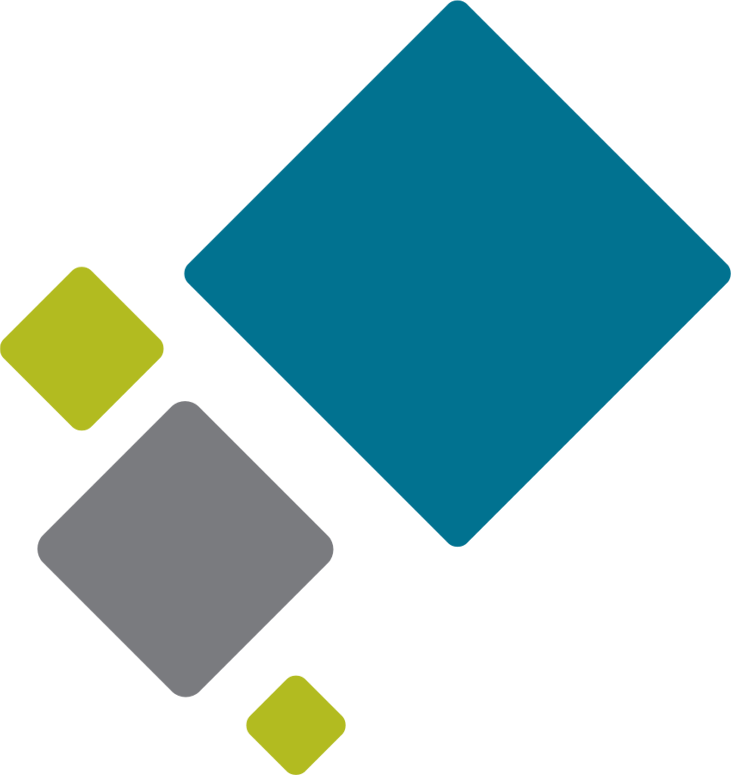
A Practical Approach to Problem Solving
Solving problems at work takes more than good judgment or clear thinking; it takes structure and creativity to move from ideas to action. Problem solving is the skill that turns insight into progress. It’s about clarifying what needs to change, generating options, weighing trade-offs, and deciding how to move forward. Unlike analytical thinking, which helps you understand the problem, or critical thinking, which helps you assess it, problem solving is focused on resolving it.
When teams don’t have a shared approach to solving problems, it’s easy to get stuck. People spin in circles, default to familiar solutions, or delay action altogether. Without clear direction, even minor issues can drain time and energy. For individuals, that often means frustration and rework. For organizations, it can result in stalled projects, inconsistent decisions, or solutions that fail to gain traction.
This workshop gives you a practical, repeatable method to tackle challenges confidently. You’ll learn how to define a solvable problem, generate realistic solutions, and make decisions that balance creativity with feasibility. You’ll also strengthen your ability to guide collaborative discussions and keep problem-solving efforts focused and actionable.
By the end of the session, you’ll walk away with a practical toolkit you can apply in real-time. Whether contributing to a planning session, responding to emerging issues, or helping a team move forward, you'll be equipped to lead conversations that result in clear next steps and better outcomes.

- Explain how problem solving differs from analytical and critical thinking.
- Apply the IDEAL model to move from challenge to solution.
- Use problem statements to define issues clearly and guide your approach.
- Generate a range of practical, creative solutions using structured techniques.
- Use SWOT analysis to assess influencing factors and potential barriers.
- Facilitate or contribute to collaborative problem-solving discussions.
- Build confidence in taking action, even in complex or uncertain situations.

This workshop is for professionals who want to build a clearer, more consistent approach to solving problems at work. Whether leading a team, supporting decision-making, or contributing to project planning, this session will help you tackle challenges more effectively and guide others with greater clarity.
You should attend if you
- Deal with problems that lack a clear next step
- Want to move from identifying issues to proposing realistic solutions
- Struggle to balance creativity with feasibility in problem-solving discussions
- Want to avoid jumping to conclusions or recycling old solutions
- Lead or participate in meetings where decisions need to be made quickly and collaboratively
- Are looking for a reliable framework to guide problem-solving efforts with your team
Attending this session will help you develop a repeatable approach to workplace problem-solving that supports clearer thinking, faster action, and better outcomes.

This workshop gives you a structured space to slow down and examine your problem-solving process. You’ll work through each stage—from defining the issue to implementing solutions—using hands-on tools and relatable workplace scenarios. The format emphasizes doing, not just discussing, with built-in time to apply frameworks and compare approaches with others.
You’ll receive a detailed workbook filled with templates, prompts, and reference tools to support your use of analytical techniques after the session.
Note: This session is part of the 3-Part Thinking Process series—focused on analytical thinking, critical thinking, and problem-solving. Each workshop stands on its own, and no prerequisite is required.
Workshop activities include
- Applying step-by-step problem-solving models to real-world situations
- Clarifying issues by breaking down facts, assumptions, and goals
- Using visual tools to generate options and assess trade-offs
- Working in groups to test and compare solution strategies
- Building an action plan to apply the model to your own work



